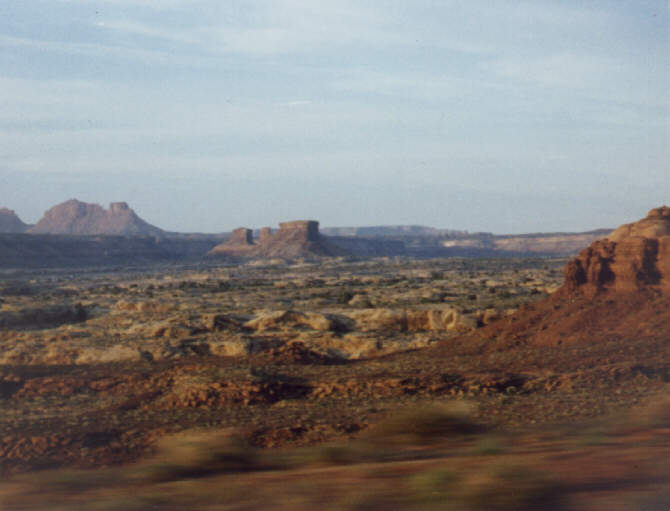Louise Benally, Navajo from Big Mountain on the Navajo Nation, described the Navajos’ Long Walk to Bosque Redondo in New Mexico, where many died of starvation or were murdered by the Calvary. Now, Navajos live with the destruction of coal mining and power plants in the continuation of genocide.
In her home community, the "land swindle" was created by the politicians and corporations. The result was the relocation of more than 10,000 Navajos and destruction of sacred Mother Earth.
On the Longest Walk Talk Radio, Bill Means, cofounder of the International Indian Treaty Council, spoke on the so-called apology inserted into the Senate version of the Indian Health Care Bill, section 301, which passed on Feb. 26. The bill includes an apology for the abrogation of treaties and other atrocities inflicted on American Indians, including the massacres of Wounded Knee in South Dakota and Sand Creek in Colorado.
“Apologies don’t really change anyone’s life or the conditions in which they live,” Means said on the Earthcycles broadcast. Further, Means pointed out the disclaimer on the so-called apology bill. The US apology disclaimer states, “Nothing in this section–(1) authorizes or supports any claim against the United States; or (2) serves as a settlement of any claim against the United States.”
As for Benally, the 10,000 Navajos were relocated because they were living illegally on Hopi land. The Hopi Tribe sued the Navajo Nation and won. The subsequent settlement required the Navajos to accept long-term leases for the Hopi land they occupied, or leave.
Since they lost in court, the Navajos at Big Mountain now blame the relocation on corporations and the US government. They used to blame it on the "Hopi puppets"--i.e., the elected Hopi government--as well. But they've changed their PR strategy since they no longer have a case against the Hopi.
For background on this issue, see Hopis vs. Big Mountain Trespassers.
Below: The Big Mountain area of the Hopi reservation.


3 comments:
About the overuse of the censored term. There is something on the Internet called "Project Censored". One year I decided to check their list of censored stories. I found the most of them had been reported on places like the CNN, Washington Post, and Fox News archives. Just another example of someone using a word for effect, without any regard to its meaning. (never mind the fact that Project Censored has yet to be... ahem... censored).
They could call it "Project Underreporteed". Even if that is a matter of opinion, at least it isn't essentially a lie, like claiming the stories are "censored" is.
Likewise, they could have called this Longest Walk thing "American Indian voices heard".
Some of the stories in Project Censored may have been censored somewhere. That could justify the word "Censored" in the title.
Besides, "Underreported" may be more accurate, but it's not as catchy. ;-)
Or not as catchy as "Stories We Got In a Tizzy About, But Nobody Else Did"
Post a Comment